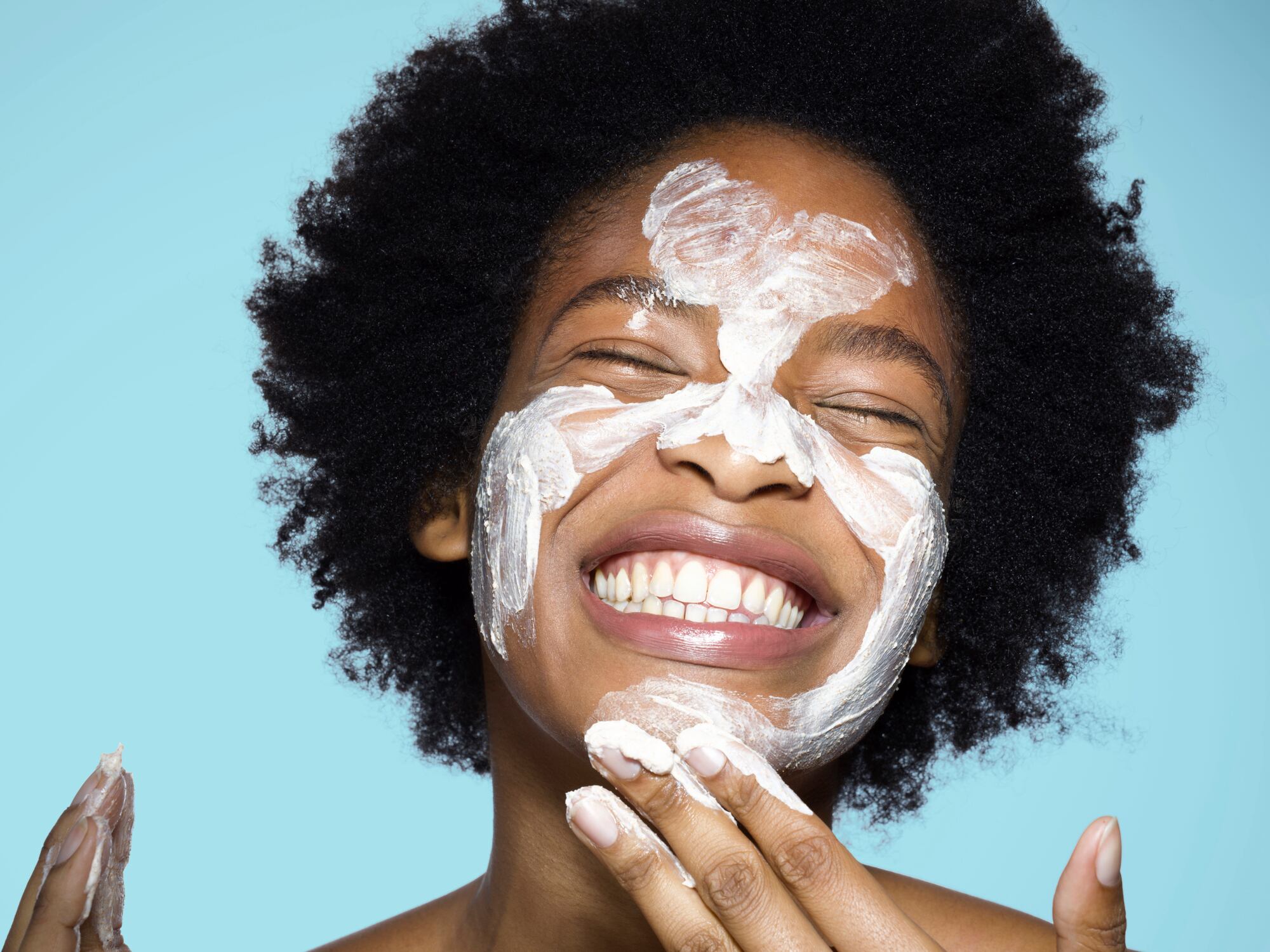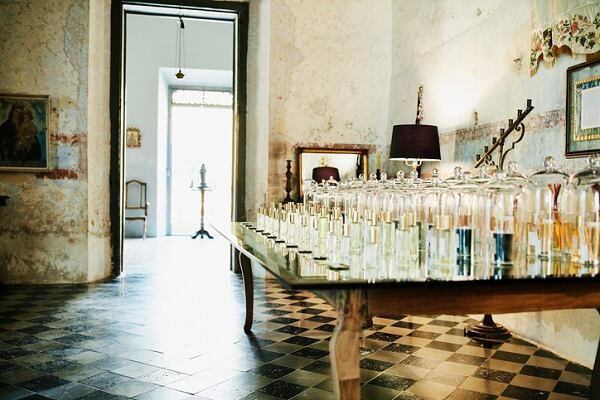Many countries throughout Latin America have been following the global trend to raise tariffs on foreign businesses and trade in an effort to encourage home-grown businesses, a situation that is having clear implications for beauty and personal care players.
In a recent video interview, Cosmetics Design spoke to Mintel global beauty analyst Lauren Goodsitt, who explained that high tariffs for foreign beauty companies are having an impact on foreign multinationals trading all over the region.
Nowhere has evidence of this been more clear to see than in Brazil, which is by far the biggest market in the Latin American region, and has traditionally made entry for foreign companies into the market prohibitive.
Multinationals pull out of Brazil
This situation was underlined in May of last year when UK cosmetics brand Lush announced it was leaving the country for the second time, closing its factory and five stores in the country for the second time in its operating history there.
The company said that it had struggled to make a profit during its four years of business, despite the fact that it had steadily grown sale during the period.
In an official statement, the company said that political and economic instability, and in particular high taxes, had all contributed to the decision to pull out.
Similarly, premium brand Khiel’s has been operating under the L’Oréal name in Brazil since 2015, but last year executives made the decision to pull out of the country in the first quarter of 2019 because its performance was impacting the profitability of the L’Oréal operations in the countries.
What does this mean for indie brands?
The departure of multinationals like Lush and Khiel’s has left a gap that is being filled by a new generation of indie beauty brands that are agile, quick to respond to local market trends and do not have to face such a big tax bill.
As Goodsitt pointed out in her video interview, one indie brand that has managed to really take advantage of this situation is Brazilian company, Simple Organic, a business that takes a serious approach to the naturals trends, with the added cost advantages of being a home-grown business.
Founded by Brazilian Patricia Lima, the range is cruelty-free and vegan, while mining into a rich variety of natural ingredients to create a line up that includes an extensive range of organic makeup and skin care.
Simple Organic is one example of a long and growing list of Latin American indie beauty brands that are tapping into the big trend, responding to local needs and positioning their products with a realistic price tag – a crucial element in a region where pricing is paramount to the majority of consumers.


